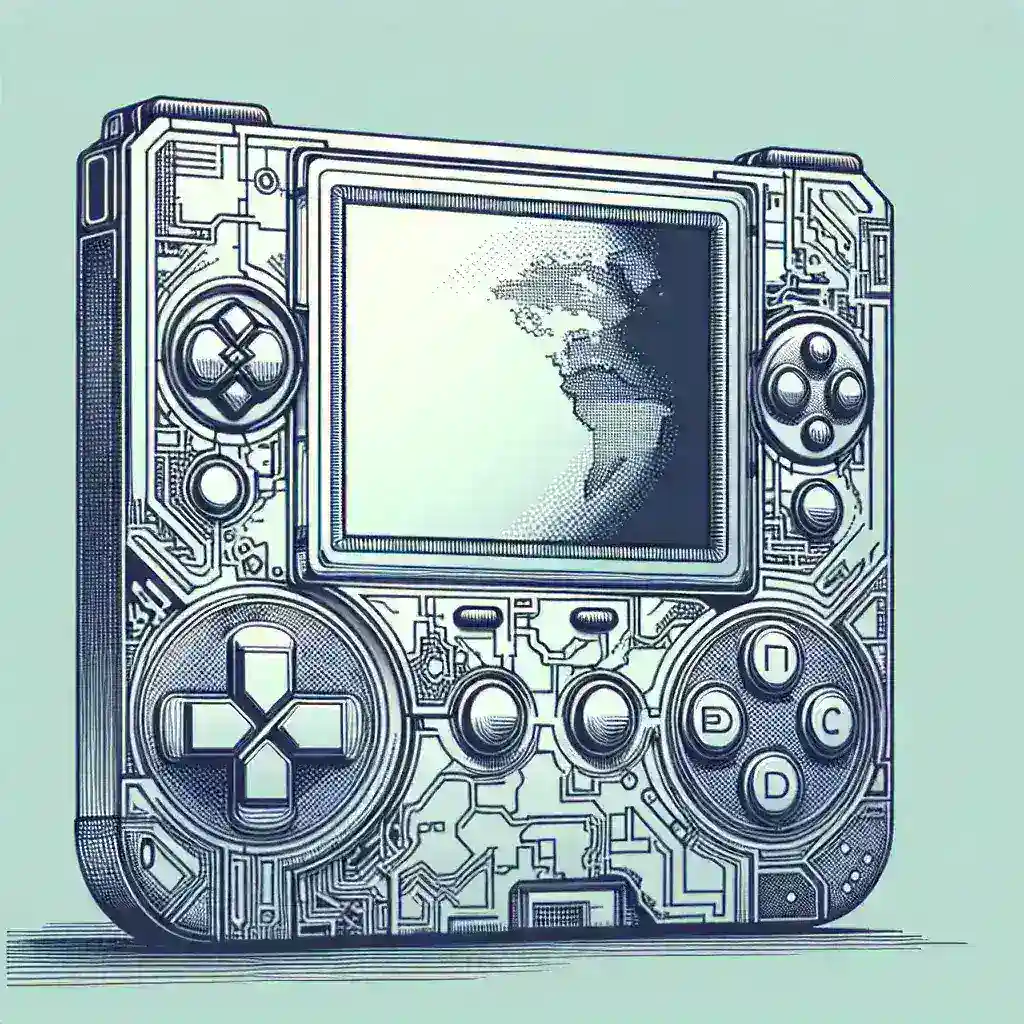The Region-Free Enigma: Nintendo Switch 2
The gaming world eagerly anticipates the arrival of the Nintendo Switch 2. Whispers of its features and capabilities have ignited fervent speculation, but one question looms large: will a region-free US version be available, and if so, will it be a limited release? This is a complex issue, intertwining technical limitations, business strategies, and the desires of a global gaming community.
Historically, Nintendo has been a staunch supporter of region locking. This practice restricts game compatibility based on the console’s region of origin. A US Switch, for example, traditionally won’t play games released in Japan or Europe. This has long been a point of contention for gamers who crave access to a wider library of titles, particularly those released in regions with faster release schedules or exclusive games.
A Look Back at Nintendo’s Region Locking History
The implementation of region locking has its roots in various business decisions. Early on, it was used to manage distribution channels, prevent grey market imports, and maintain control over release schedules. It also allowed Nintendo to tailor their marketing and localization efforts to specific regions, addressing cultural nuances and language barriers. However, the digital age has begun to challenge the effectiveness and relevance of region locking, as digital distribution often bypasses these geographical restrictions.
The Switch’s Current Landscape and Potential Switch 2 Implications
The Nintendo Switch, despite its considerable success, isn’t entirely region-free. While some digital purchases transcend regional boundaries, physical games, and certain digital titles remain tied to their specified regions. This suggests that a completely region-free Switch 2 might not be a given. However, the increasing prevalence of online gaming and digital distribution could influence Nintendo’s decision-making process.
Market Analysis: Demand for a Region-Free Switch 2
The demand for a region-free Nintendo Switch 2 is undoubtedly high. Gamers worldwide clamor for unrestricted access to games, regardless of their geographical location. The ability to play games released in Japan, Europe, or other territories would significantly expand the gaming experience. This broader access is particularly appealing to collectors, fans of niche titles, and players eager to experience different cultural interpretations of gaming.
But a region-free policy also presents challenges for Nintendo. Ensuring effective customer support, handling localized content updates, and complying with regional regulations for different territories could potentially increase the complexity of their operations. This is a significant consideration, especially given the vast global reach of the Nintendo Switch.
Speculation and Predictions: A Region-Free Future?
Predicting Nintendo’s strategy regarding region locking for the Nintendo Switch 2 is challenging. They could maintain their current approach, partially lift region restrictions, or even embrace a completely region-free model. While a completely region-free US console would be a welcome change for many, the likelihood of it being a limited edition release remains a possibility. The company might initially release a region-locked version, gauging consumer demand before deciding whether to produce a wider release of a region-free version.
Several factors could influence their decision. Increased competition from other gaming platforms, the rising popularity of digital distribution, and evolving consumer preferences are all elements which could push Nintendo toward embracing a more open approach to regional compatibility. Conversely, concerns about market control, logistics, and consumer protection could lead them to retain a more restrictive policy.
The Pros and Cons of a Region-Free Nintendo Switch 2
Pros:
- Expanded Game Library: Access to a broader selection of games from around the world.
- Enhanced Collector Value: The ability to easily obtain games from different regions.
- Increased Convenience: No more worrying about region compatibility when purchasing games.
- Global Community Building: Easier interaction with gamers from other regions.
Cons:
- Increased Complexity for Nintendo: Handling multiple language versions, regional regulations, and customer support.
- Potential Impact on Sales Strategies: Adjusting release schedules and marketing campaigns for a global audience.
- Risk of Grey Market Activities: Although region locking is not a foolproof method to control this, its removal could potentially increase regional grey market activities.
The Enthusiast’s Perspective: A Hopeful Outlook
From an enthusiast’s standpoint, a region-free Nintendo Switch 2 is highly desirable. The ability to seamlessly access games from around the world would significantly enrich the gaming experience, fostering a more interconnected and diverse global gaming community. However, it’s important to remain realistic about the potential challenges and complexities facing Nintendo in implementing such a policy. A phased approach, beginning with a limited region-free release, is a plausible scenario, allowing Nintendo to assess the impact and make adjustments as needed.
Cultural Impacts: Bridging Global Gaming Communities
The shift towards a more region-free gaming landscape has the potential to significantly impact global gaming communities. It would foster a greater sense of connection among gamers worldwide, allowing for easier sharing of experiences, collaborative gaming, and the appreciation of diverse game cultures. This could potentially lead to increased cross-cultural understanding and appreciation among gamers.
In conclusion, whether a region-free US version of the Nintendo Switch 2 will be a limited release or widely available remains uncertain. The decision will likely be a carefully considered one, balancing the desires of a global gaming community with the operational and strategic considerations of Nintendo. Only time will tell whether the company takes the leap towards a truly region-free future.
For further insights into Nintendo’s strategies, you can consult resources such as Nintendo’s official website and reputable gaming news sites such as IGN.

